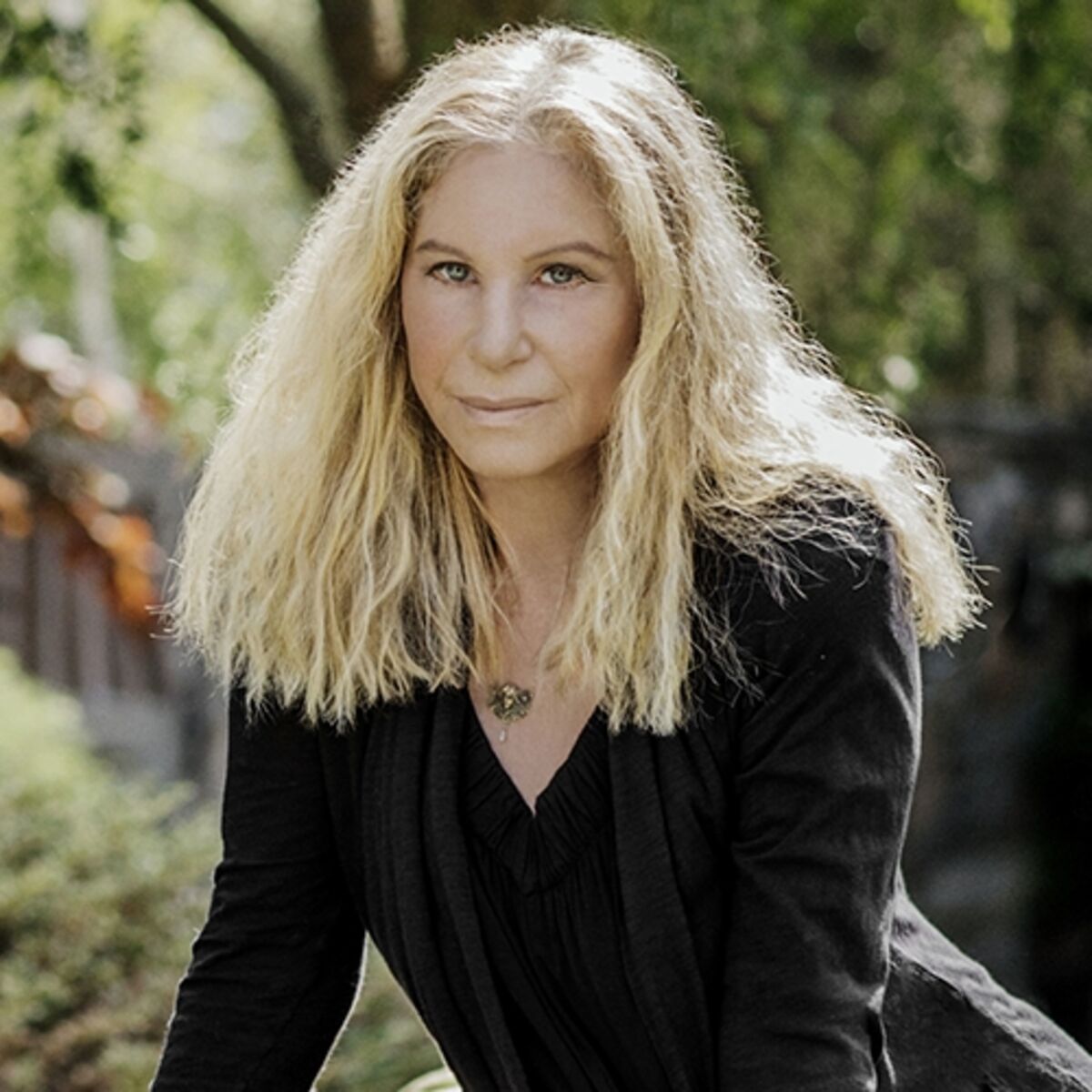Recently, a familiar debate has resurfaced—one that exposes some of the persistent inequalities and unfair scrutiny faced by women, especially those in roles of power or high-profile positions. It’s a conversation that’s been brewing for years, but it’s gained renewed attention with Barbra Streisand’s outspoken support for Fulton County District Attorney Fani Willis. Streisand has publicly criticized the ongoing criticism and attacks aimed at Willis, asserting that many of these critiques are not only unjustified but also part of a disturbing pattern of intruding into her personal life and character.

In a series of candid posts on X, formerly known as Twitter, Streisand laid out her perspective with clarity and passion. She emphasized that Willis is under unfair scrutiny because of her personal connection to Nathan Wade, a deputy attorney she employed to investigate the Georgia 2020 election results. Critics have tried to paint Willis as somehow compromised or unethical due to her association with Wade. But Streisand pointedly rejected those claims, arguing that such attacks are about trying to damage her reputation by invading her privacy, not about justice or factual evidence.
What struck me and many others about Streisand’s words was her call for consistency—her bold assertion that it’s unfair and hypocritical to scrutinize women for their personal lives while allowing men to lead lives of similar complexity openly and without attack. She posed an important question: if a man can have a private life, pursue personal relationships, or make personal decisions without facing relentless criticism, then why should women be held to a different, far more scrutinizing standard? Streisand made it clear that this kind of double standard is unjust and deeply unfair.
Her message went beyond just defending Willis; she touched on a broader societal issue—gender inequality in the workplace and in high-profile public roles. The fact is, women in leadership or influential positions often find their personal choices examined and challenged far more than their male counterparts. The pressure to conform to expectations of a “perfect” professional and personal life is often exhausting, and when women step outside those expectations, the backlash can be swift, harsh, and relentless.
It’s important to acknowledge that this isn’t just about one woman or one case. It’s about a pattern seen repeatedly in politics, media, business, and entertainment. Women—especially those in roles of authority—are often expected to maintain a level of personal transparency and moral perfection that men are rarely demanded to uphold. When women do have personal lives that include relationships, family, or even just personal choices, these are too often weaponized against them, used as ammunition to question their integrity or suitability for leadership.
Streisand’s support also included sharp criticism of the broader political landscape, particularly focusing on the ongoing attacks on Willis by some of her political opponents. She pointed out that the attacks seem to be a distraction from the more substantial issues at hand—namely, the serious allegations against former President Donald Trump. Streisand highlighted that Trump and his allies have tried to divert public attention by attacking Willis and other officials, framing their investigations as politically motivated. But in reality, these investigations revolve around factual evidence—trump’s alleged attempts to pressure officials into rigging the count in his favor and submitting false electors to Congress.
It’s not just an attack on Willis; it’s an attack on the integrity of the justice system and the process of holding powerful individuals accountable. By criticizing her or dismissing her work—just because she is a woman or because she’s involved in a highly sensitive political case—Trump’s allies are sidestepping the real issues, which are about justice, accountability, and the rule of law. Streisand’s remarks remind us that this pattern of dismissal and disrespect must be challenged—especially when it’s used to undermine the work of women in positions of authority.
Her words also serve as a reminder of how far women still have to go in balancing their personal lives with professional responsibilities. The societal expectation has historically been that women should keep their private lives private, and when they don’t, they’re often met with suspicion or outright hostility. Streisand’s advocacy echoes the sentiment that women should not have to hide who they are or make sacrifices to appease a double standard that still exists in many parts of our society.
As she eloquently pointed out, the real issue isn’t about one person’s relationships or personal choices but about a culture that unfairly judges women more harshly than men for similar behaviors. She urges everyone to recognize these prejudices and to push for a more equitable environment where talent, integrity, and dedication are valued regardless of gender.
Supporting women in leadership, especially amidst ongoing political battles and media scrutiny, requires courage. It requires standing up and saying that the unfair treatment of women—over personal choices or professional conduct—is not just wrong but a barrier to true equality. Whether it’s a DA like Fani Willis or any woman fighting for her place in the world, they deserve respect, privacy, and recognition—just like their male colleagues.




